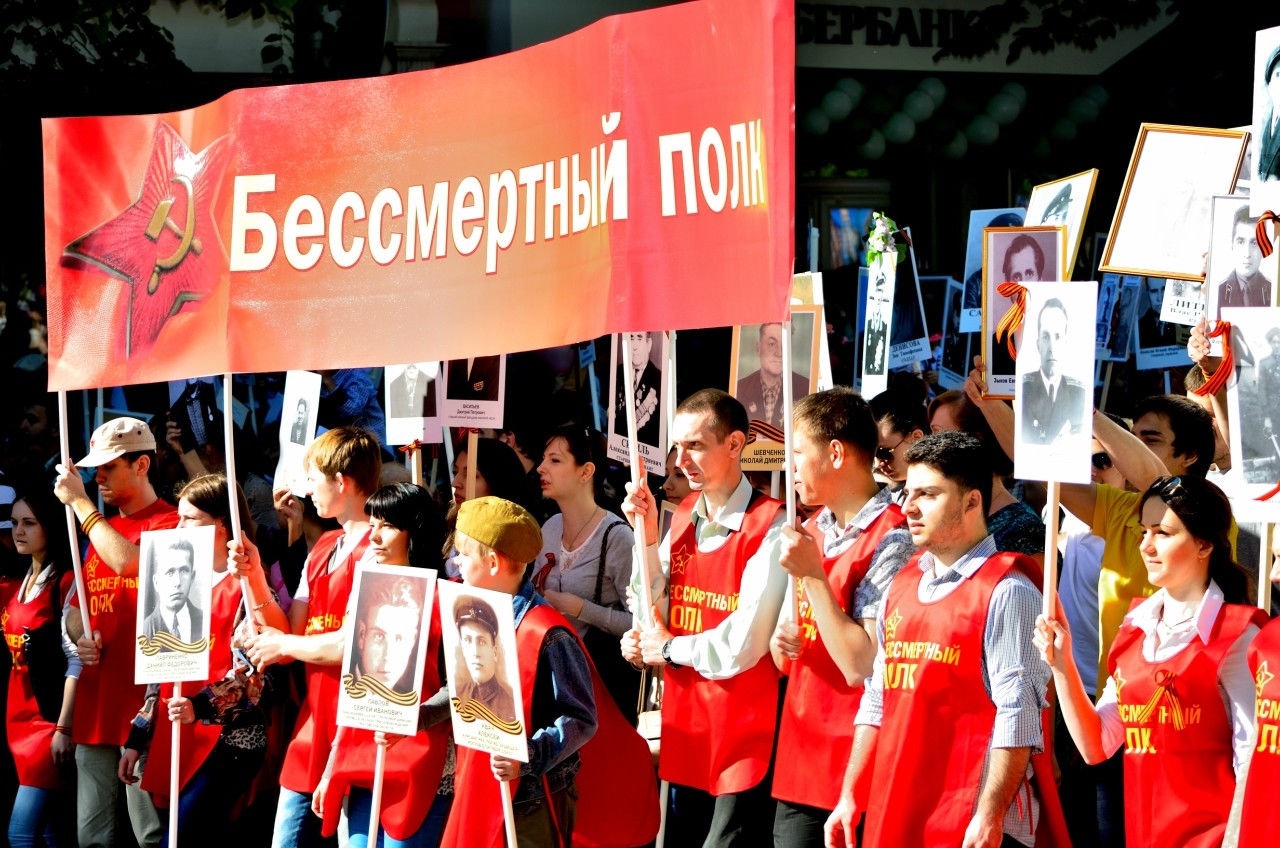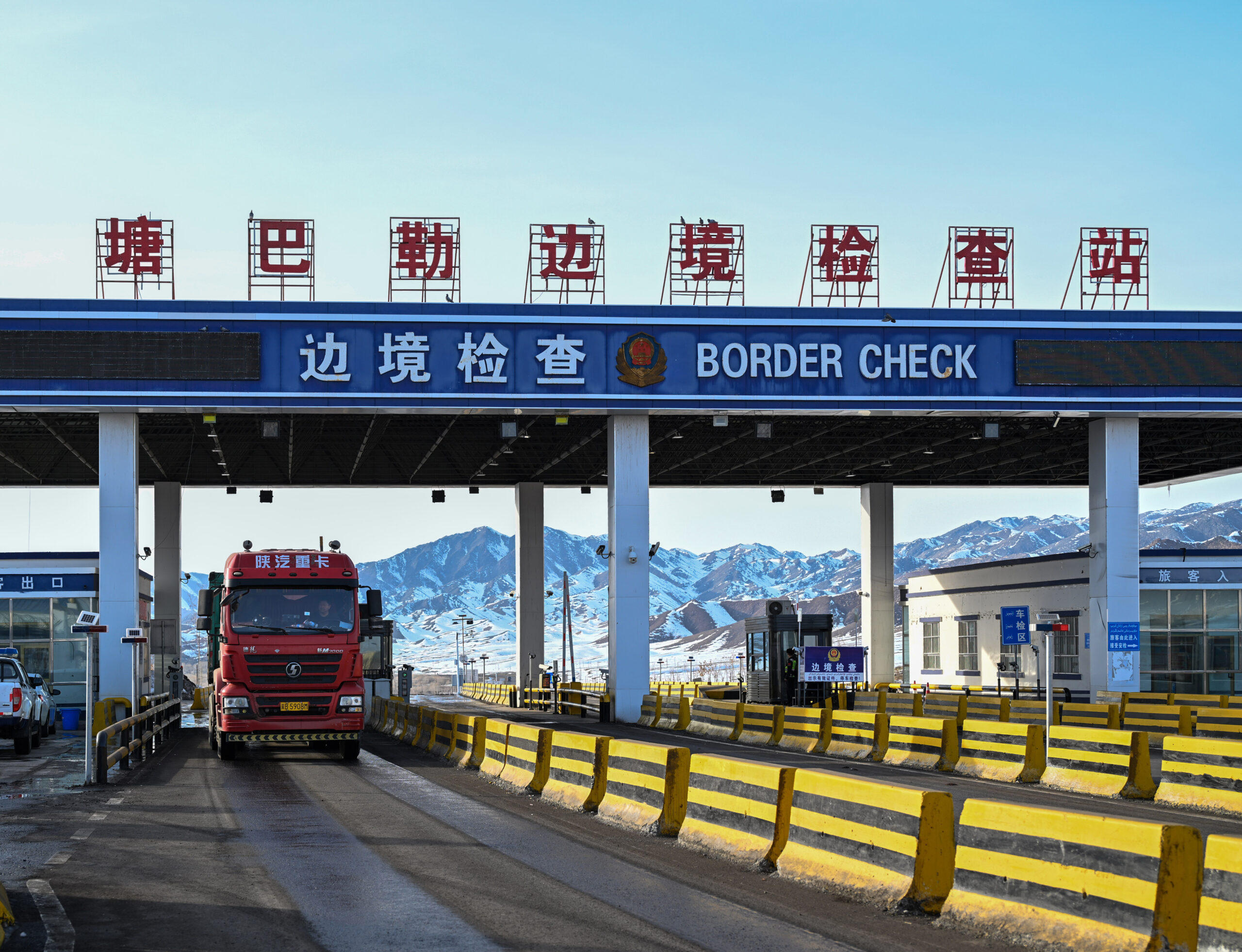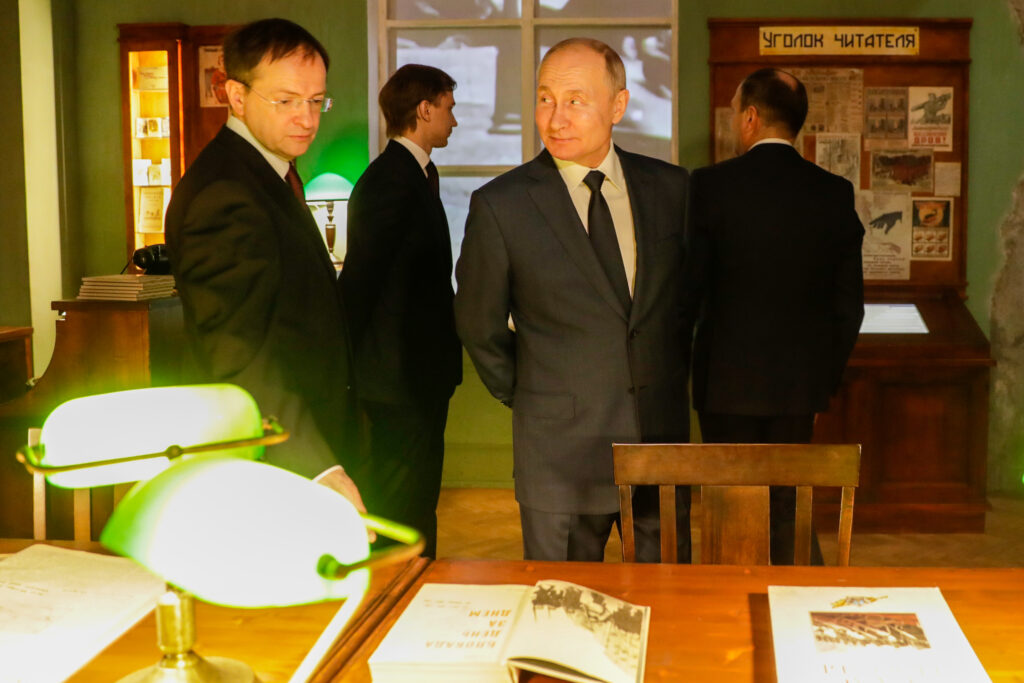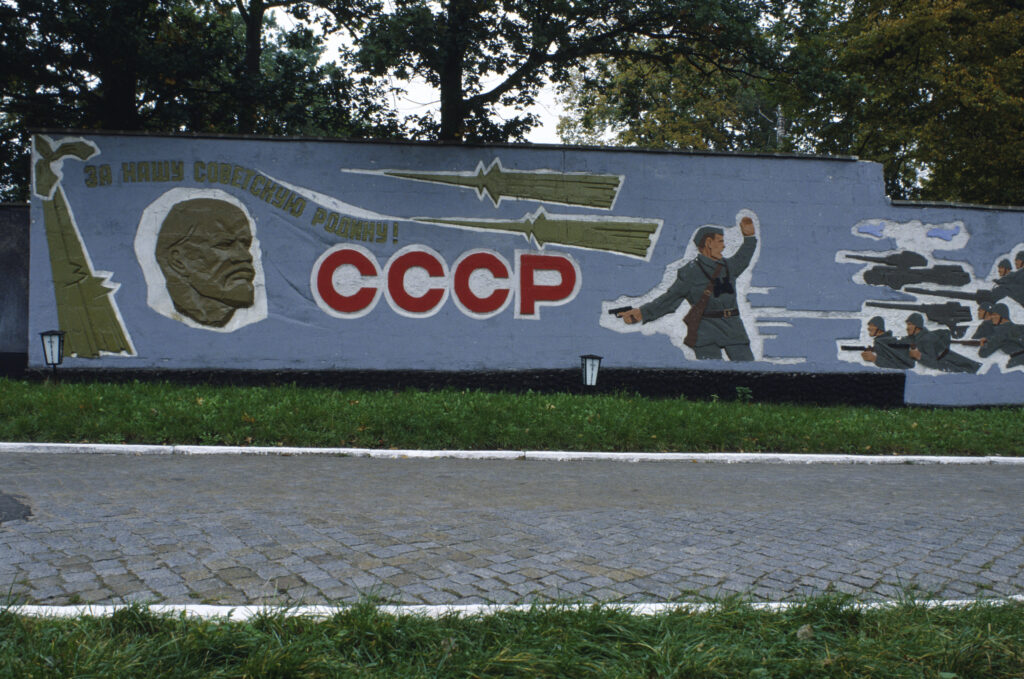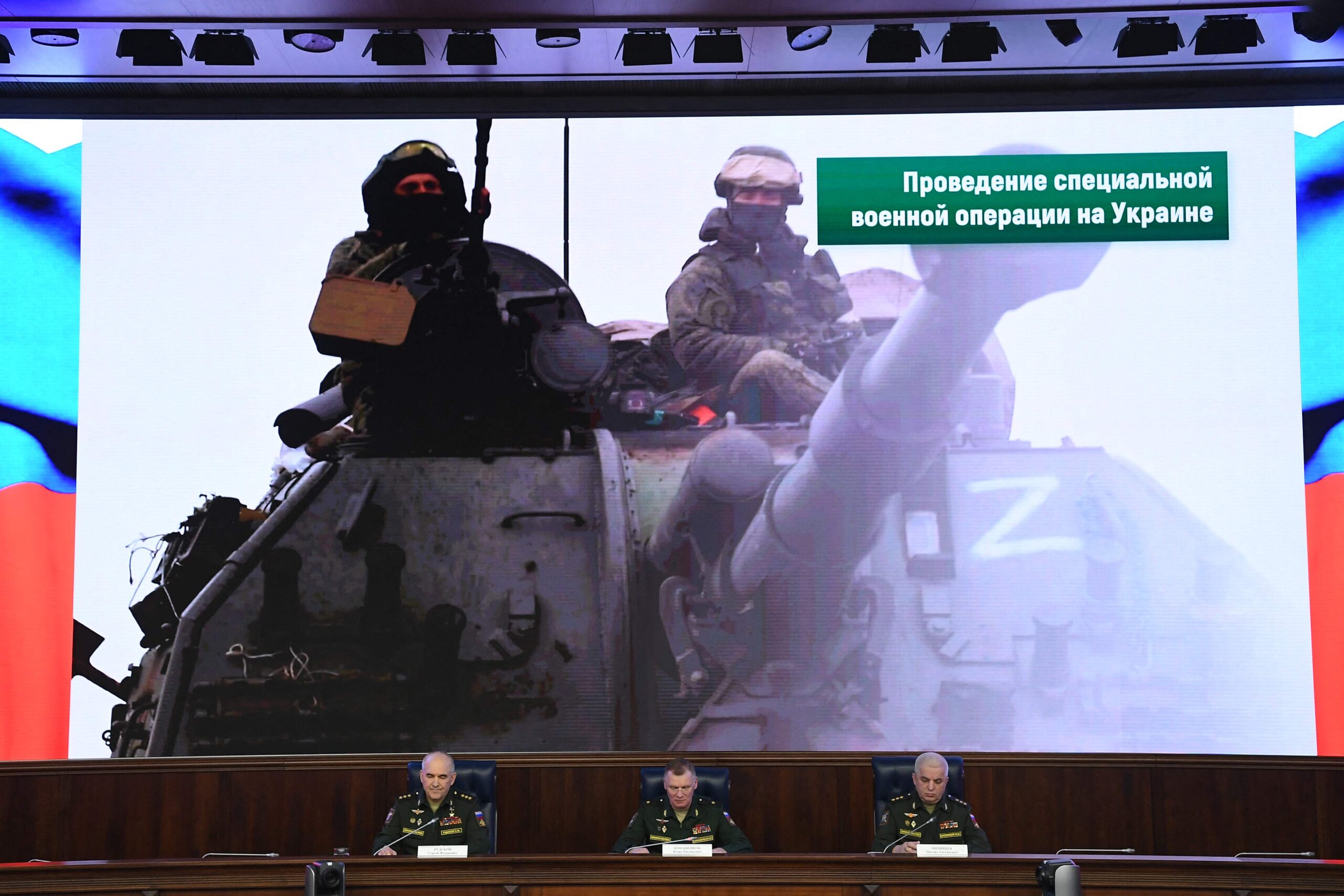The Soviet Union’s struggle and ultimate victory in World War Two is still perceived by Russian citizens as the most important event of the 20th century. 80 percent of respondents surveyed in January of 2017 confirmed that they celebrated the 9th of May. The second most significant event is Yuri Gagarin’s space flight (58 percent), and the collapse of the USSR ranks third (44 percent). A similar ranking was registered in 2012, and this order of merit has remained unchanged in subsequent years. The importance attached to this day is indicative of the scale of the tragedy and the fact that the Russian state pays special attention to celebrating the victory of the Soviet Union in World War Two.
There is still no consensus about how great the price of victory was. The estimated number of lives lost by the USSR in the war continues to rise. According to the latest estimates presented during parliamentary hearings this February, the USSR suffered nearly 42 million fatalities from 1941 and 1945. According to our polls, 85 percent of respondents have war veterans in their families and 68 percent are related to someone who died in the war. The war affected virtually everyone and it is not surprising that this event still strikes a chord with people: one-third of the population believe that Victory Day, which is celebrated on May 9th in Russia, is “the most important” holiday. Only New Year’s Eve and birthdays of loved ones are regarded as the most important by a larger proportion of respondents. (It is noteworthy that the May 9thcelebration is a celebration of the victory over fascism and not victory over Germany per se.) Other public holidays are regarded as “the most important” far less frequently: May 1 – 6 percent, Russia Day of June 12 and Unity Day of November 4 – just 1 percent.
Victory Day is one of the most widely celebrated national holidays. 76 percent of the population are planning to celebrate it this year. This figure has been consistently high over the years: 63 percent of Russian citizens celebrated Victory Day last year, 75 percent in 2008 and 2010 and as many as 80 percent in 1995. In comparison, Unity Day is celebrated by approximately 20 percent of Russians and the anniversary of the Great October Revolution – by 12 percent. Of public holidays, only New Year’s Eve is celebrated by a larger proportion of Russian citizens – 95-96 percent. Moreover, in 2016, Victory Day and the related Immortal Regiment march, as well as the May 9th military parade on Moscow’s Red Square, were listed as three major May events (mentioned by 48 percent, 28 percent and 26 percent of respondents, respectively, in response to an open-ended question).
But what does it mean to ”celebrate” Victory Day? The majority of the population routinely watch TV coverage of the military parade which takes place on Red Square in Moscow, reminiscent of the 1945 Victory Parade. 65-67 percent of Russians glare at TV screens for an hour on this day every year, no matter where they are (at home or at their dacha). And nearly every viewer questioned stated that they “liked the parade very much”. On May 9th, nearly half of the population wear a St. George’s ribbon which began to symbolize this holiday 5-6 years ago. The ribbons bear stripes which are the same colors of highly-coveted military decorations awarded by the Russian Empire and the Soviet Union. Incidentally, few in Russia associate the colors of the St. George’s ribbon with the events in eastern Ukraine in the Donetsk and Luhansk People’s Republics.
Another important symbol of May 9th is the Immortal Regiment March which has gone ahead for the last three years. Up to 25 percent of the population of the country are willing to participate in it (and 76 percent approve of this march). Participants of the march, which takes place across many Russian cities and towns, carry portraits of family members who fought in the war. Nearly 500 thousand people participated in the march last year in Moscow alone. Finally, some Russians and, to a large extent, Russian youths, take part in various types of festivities organized by municipalities each year. The holiday traditionally ends with a firework display in celebration of May 9th (in Moscow and other cities) watched by the majority of Russians on TV.
Rationale behind the Victory Day
Numerous observers have noted that May 9th celebrations are dominated not so much by mourning for the dead, reflection upon the price paid for the victory by the Soviet people or mistakes made, as it is by joy and pride which emanates precisely because of the very fact of the victory. In 1997, sociologist Lev Gudkov, director of the Levada Center, wrote about the intentional construction of this holiday as a justification for the enormous loss of life and the deeds of the authoritarian state. In 2008, our colleague, sociologist Boris Dubin wrote about the monopolization of the memory of the war by the state and the “shifting of the center of gravity in tactics and rhetoric of the power elite… from war to victory”. The political rationale behind actions undertaken by the Russian authorities concerning Victory Day is also observable today.
Thus, both the above-mentioned initiatives related to the May 9th celebration, namely the donning of the St. George’s Ribbons and Immortal Regiment marches were grassroots initiatives. However, no one remembers the individuals who gave birth to these ideas anymore and statesmen are in charge of everything. Things are taken to the extreme and participation in these events is mandatory in some cases (despite the fact that an enormous number of people want to participate in them voluntarily). Apparently, this is because the authorities perceive these actions as a counterbalance to protest rallies and as one of the proofs of their own legitimacy. Hence, they are willing to boost the number of participants using tried and tested mechanisms of bureaucratic coercion: compulsory participation of schoolchildren and public sector employees as well as propaganda shown on state-owned TV channels.
It is precisely the combination of a spontaneous impulse, the enormous importance of the event and its centralized organization which bring about the desired outcome. Despite numerous attempts by the authorities to promote other events, no other public holiday could be said to have a comparable effect.
Over the last few years, Victory Day has acquired new connotations associated with Russia’s ongoing political conflict with Western countries. It’s seemingly non-coincidental that notorious car stickers emblazoned with the words: “1941-1945 We can do it again” appeared a few years ago. Some assumed that the meaning behind the stickers was that Russia would “do it again”, this time to America. It is hard to say to what extent these stickers were folk art and to what extent they were inspired by those at the top. Certainly, the construction of a replica of the Reichstag in the military-themed Patriot park near Moscow in the spring of 2017 and subsequent reenactment of the attack on the Reichstag attended by Minister of Defense Sergey Shoygu was indeed a state initiative. Had relations between Russia and Germany been in better shape, such a reenactment would hardly have been possible.
The use of Victory Day by the authorities for their own purposes has turned out to be quite effective. For example, over the last few years, the highest approval ratings of Vladimir Putin and United Russia were recorded precisely in May 2015 – during the celebration of the 70th anniversary of the victory of the USSR in the war against fascism. Obviously, Crimea’s “return” to Russia a year earlier, perceived by the population as the reinstatement of the country’s greatness, was the primary reason for the soaring ratings. Still, the celebration of Victory Day against the backdrop of the international confrontation increased the necessity to rally around leaders while the boycotting of the Victory Day Parade by the leaders of Western countries further boosted the feeling of damaged pride.
The appointment of a purely symbolic date, stripped off unnecessary negative connotations, results in the fact that the more distant the event in question becomes, the more it is devoid of a historical context. Attempts to conduct discussions about the war based on facts trigger open aggressive resistance from public officials. The dispute between Minister of Culture Vladimir Medinsky and dismissed Director of the Russian State Archive Sergey Mironenko about the legend of the Panfilov Division’s Twenty-Eight Guardsmen exemplifies that the symbolic purity of the holiday matters more to the state than facts do. Partial revision of the attitude towards the war and its outcome is carried out among the highest echelons of power: Vladimir Putin himself, in fact, justified the Molotov-Ribbentrop Pact in 2015. It comes as no surprise that mythological interpretations of the war have become more widespread in recent years.
An increasing number of people now believe that the Baltic States joined the USSR of their own volition and not as a result of the division of Europe between the Soviet Union and fascist Germany. In 2015 (at the peak of the ongoing confrontation with the West), up to 8 percent of Russians believed that the United States was an adversary of the Soviet Union during World War Two. Fewer and fewer people are inclined to blame the Soviet leadership for what happened during the war. Half of the population have stated in recent years that “no one else but the enemy” should be blamed for the losses suffered during the war. At the same time, victory in the war is the number one source of collective Russian pride; more than 80 percent of Russians have admitted as much for many years. The more distant the event becomes, the less citizens know about it and the easier it is for them to derive a sense of pride from it.
